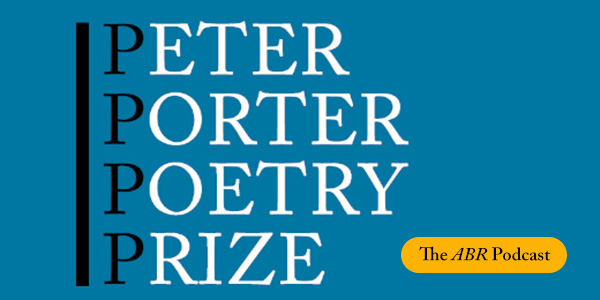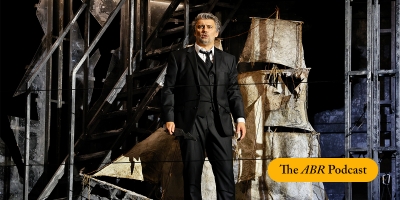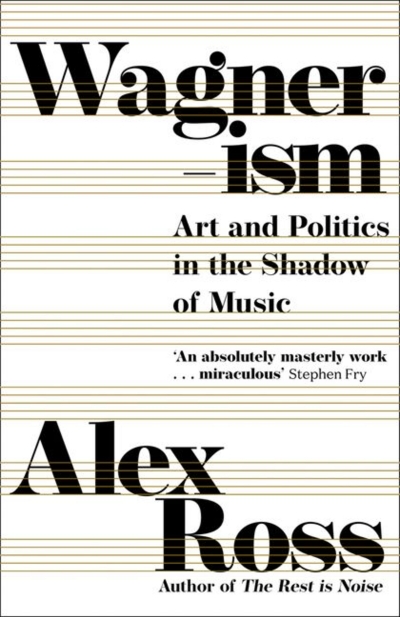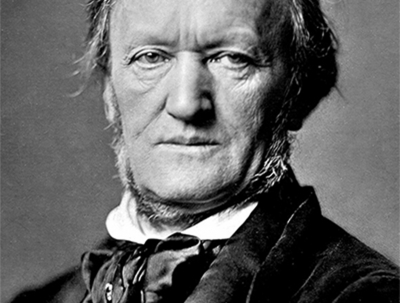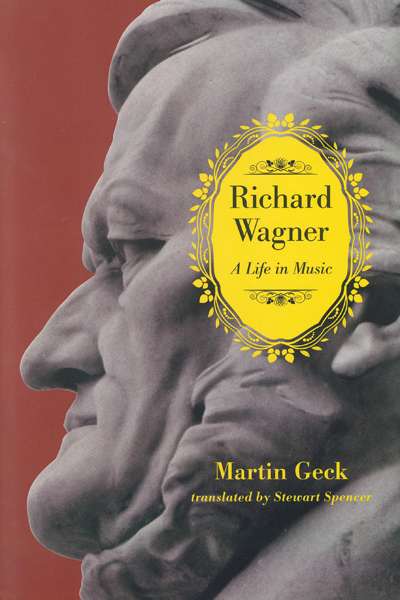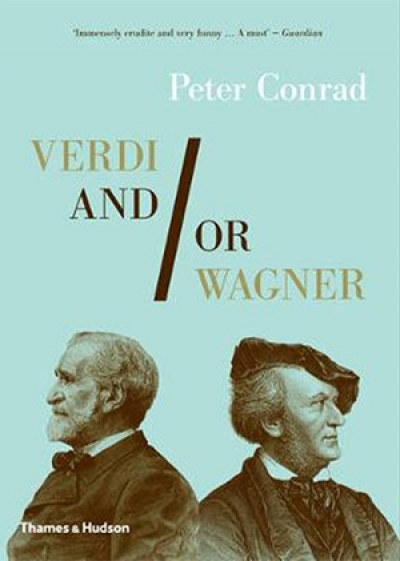Accessibility Tools
- Content scaling 100%
- Font size 100%
- Line height 100%
- Letter spacing 100%
Richard Wagner
The ABR Podcast
Released every Thursday, the ABR podcast features our finest reviews, poetry, fiction, interviews, and commentary.
Subscribe via iTunes, Stitcher, Google, or Spotify, or search for ‘The ABR Podcast’ on your favourite podcast app.
2025 Peter Porter Poetry Prize Shortlist
Read by the poets
This week on The ABR Podcast we feature the 2025 Peter Porter Prize shortlisted poems, as read by the five poets, published in the January-February issue of ABR.
Recent episodes:
Conceived during a holiday in the spa-town of Marienbad, Lohengrin stands at the crossroads of Richard Wagner’s operatic oeuvre: it was the last work composed before his political exile (as a result of his participation in the Dresden Uprising) while offering a glimpse of the leitmotivic technique that would become the signature of his late style.
... (read more)Not long before the 1845 première of Tannhäuser, Richard Wagner was holidaying at the spa of Marienbad. He had with him a copy of the anonymous German epic Lohengrin, and he was possessed. Ever the sensualist, he described the impact in luxurious terms:
... (read more)Richard Wagner’s famous pronouncement, ‘Kinder, schafft Neues!’ (‘Children, create something new!’), has often been the inspiration to take daring creative risks, particularly (but not exclusively) with productions of his works. Using The Ring as a starting point, directorial licence has been extended in all sorts of intriguing ways that have, over the years, seen Valkyries roaring around on motorcycles, Rhinemaidens as strutting Victorian doxies, the dragon Fafner at the turret of an army tank, Wotan as a Texan oligarch, Siegfried as a hippie, and Gunther and the Gibichungs as Nazis.
... (read more)Finally liberated from the solitude of our lounge rooms and Netflix subscriptions, sitting in Melbourne’s Regent Theatre shoulder-to-shoulder on Wednesday night felt like a forbidden treat. The palpable exuberance of being back on the town, though, was tempered by a profound appreciation of our delicately privileged position. As the first major opera performance in Melbourne after a protracted Covid shutdown of the live performing arts, Melbourne Opera’s Das Rheingold marks an important moment in the cultural life of the city – the beginning both of Richard Wagner’s Ring Cycle and of a new chapter in the living operatic history of Melbourne.
... (read more)Wagnerism: Art and politics in the shadow of music by Alex Ross
Passions have always run high in the Wagner dynasty. Richard, the patriarch, waged a lifelong battle to impose his vision of a purified German art – freed of decadent foreign influences – on a sceptical, at times overtly hostile, culture. His great-grandson Gottfried, who bears a striking physical resemblance to his forebear, is equally dedicated to his mission in life: to alert the world to the intrinsic evil and pernicious influence of Wagner’s works. The cost has been considerable. As he recounts in his obsessive autobiography, The Wagner Legacy (Sanctuary Publishing, 1998 and 2000), he has been disowned by his father, Wolfgang (who has been sole Director of the Bayreuth Festival since 1966), reviled by Wagner enthusiasts in Europe and America, denied every opportunity of working in theatres and opera houses, slandered and even hounded, on occasions, by death threats. Yet, in circumstances where others might have been tempted to throw in the towel, he continues to roam the world, delivering lectures, participating in seminars and discussion- groups with a single-minded aim – to atone for the great evil his family unleashed from their stronghold in the pleasant, nondescript little town of Bayreuth, where the faithful gather each summer to worship the Master, and perhaps to remember the Master’s greatest disciple, the Führer, the intimate friend of Winifred Wagner, Gottfried’s grandmother.
... (read more)Die Walküre, for Arts Update, is the most successful work in Neil Armfield’s production of Der Ring des Nibelungen, now well underway at Arts Centre Melbourne. And this is fitting, Die Walküre being, for some us, the greatest of operas, with a first act of singular perfection, some of the ...
... (read more)Richard Wagner: A Life in Music by Martin Geck (translated by Stewart Spencer)
So here we are, talking about the so-called Cult of Wagner. No wonder some people recoil from the German composer, given such terminology. It’s not a new coinage of course, but it’s a fairly dubious one. One old acquaintance of mine, on hearing about this event, sent me an email demanding to know: ‘You are not besotted with it, are you??? Are you one of those ...

